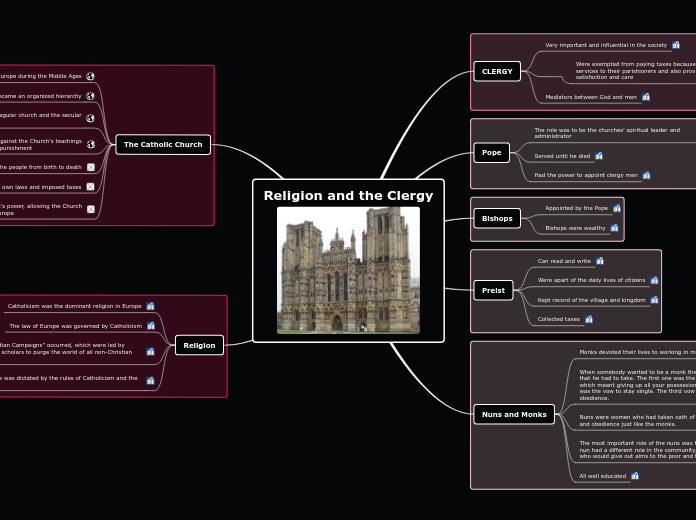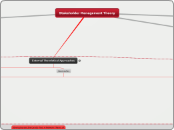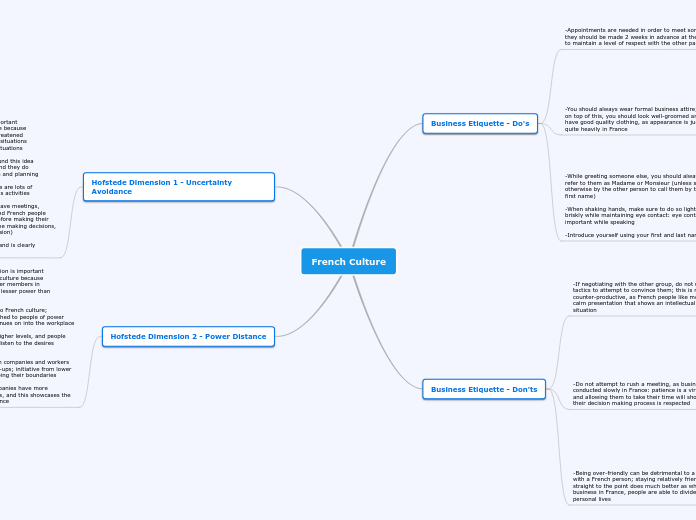por Jaclyn Gallagher 5 anos atrás
472
Religion and the Clergy
During the Middle Ages, the Catholic Church emerged as a dominant institution in Europe, wielding significant influence over both religious and secular matters. The clergy, exempt from paying taxes due to their spiritual services, acted as mediators between God and the people, holding considerable sway in society.









